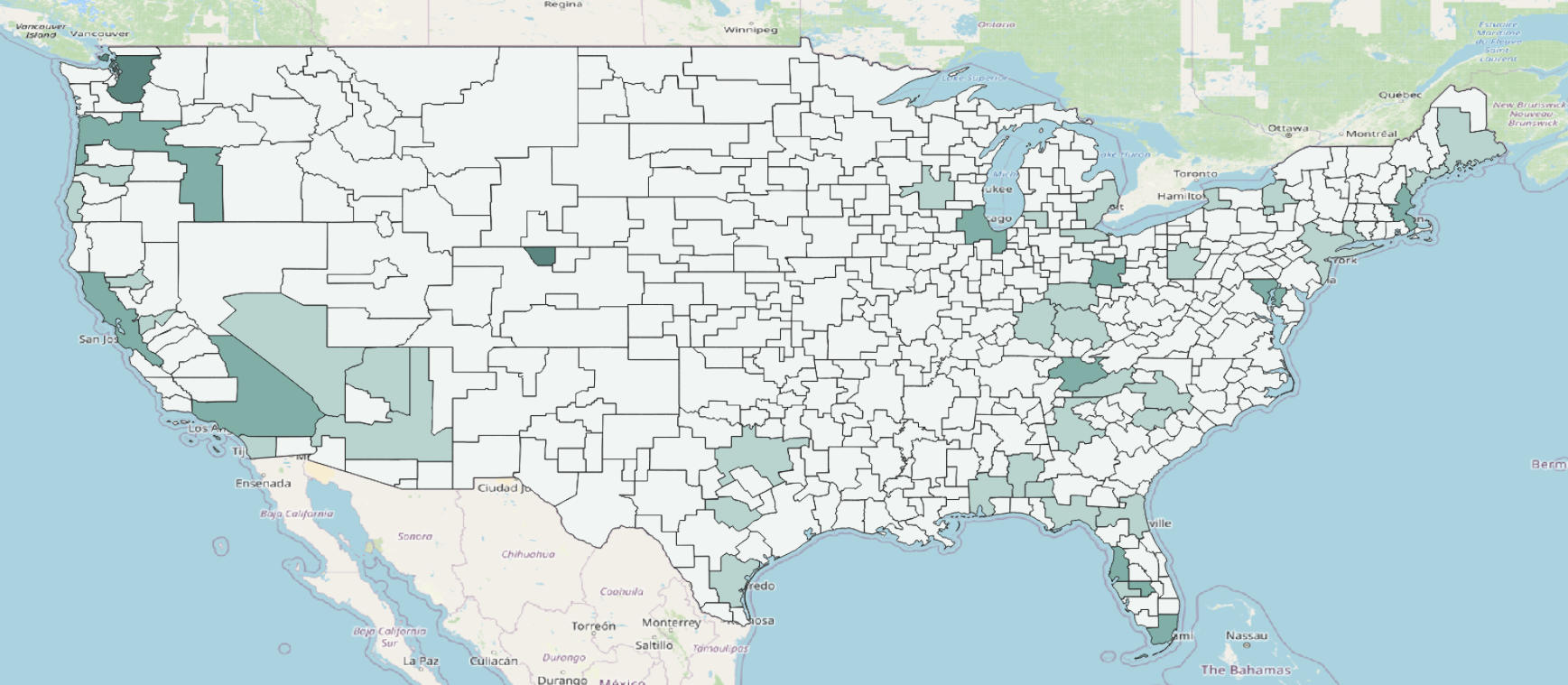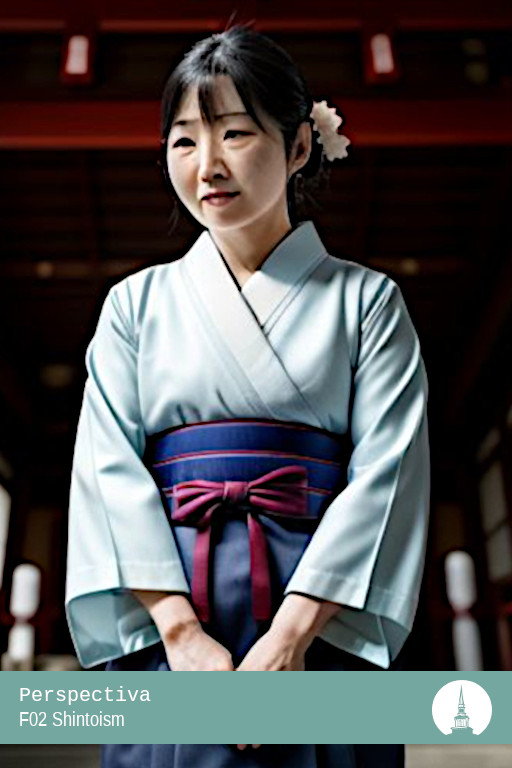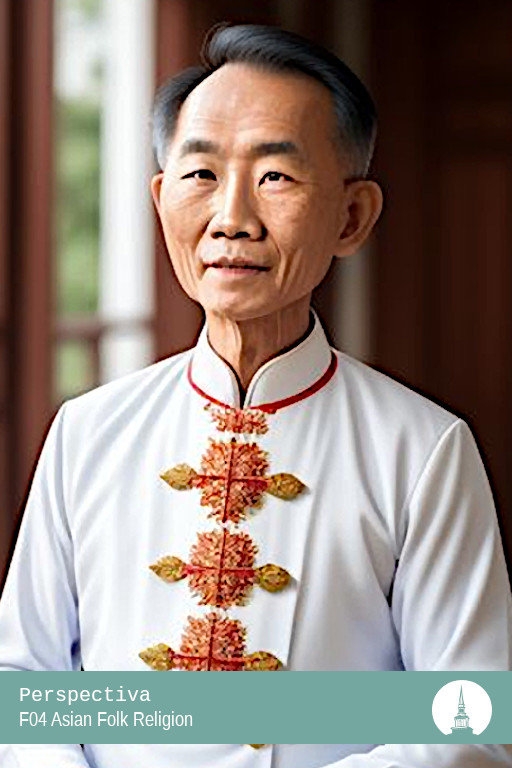Cluster F: Asian Wisdom Traditions
Asian Wisdom Traditions, including Confucianism, Shintoism, and Daoism, share a reverence for nature, mindfulness, and holistic living, enriching American spirituality.
Within the Asian Wisdom Traditions cluster group, several common ideas and themes emerge across the lifeways, which collectively represent spiritual and philosophical traditions originating from Asia and finding resonance in the United States.



The darkest areas in the thematic density map indicate the places with the highest percentage of population.
Deep Reverence for Nature and Connection to Environment
One central theme is a deep reverence for nature and the natural order. Whether it's Confucianism's emphasis on moral values and social harmony, Shintoism's focus on kami (spirits) and harmony with nature, or Daoism's principle of living in harmony with the Dao (Way) and natural principles, all these traditions emphasize a profound connection to the environment. They encourage individuals to align with the rhythms of nature and appreciate its beauty and wisdom.
Mindfulness and Inner Cultivation
Another shared concept is the importance of mindfulness and inner cultivation. Whether through Confucian ethical self-improvement, Shinto rituals, and festivals, or Daoist practices like Tai Chi and Qigong, these traditions offer methods for individuals to cultivate inner peace, balance, and simplicity. They encourage mindfulness in daily life, fostering a deeper understanding of oneself and the world.
Holistic Living and Harmony with Nature, Society and Ancestors
The idea of holistic living and balance is also prevalent. Confucianism promotes social harmony and ethical living, Shintoism celebrates harmony with nature and ancestral worship, and Daoism encourages balance and spontaneity. These lifeways offer guidance for individuals to lead balanced lives, harmonizing their inner and outer worlds.
Immigrants Influence American Spiritual Expressions
Moreover, these traditions have been influenced by immigration, cultural exchange, and an interest in Eastern spirituality in the United States. As immigrants brought their cultural and religious practices with them, they influenced the cultural landscape and contributed to the diversity of spiritual expressions in the country.



